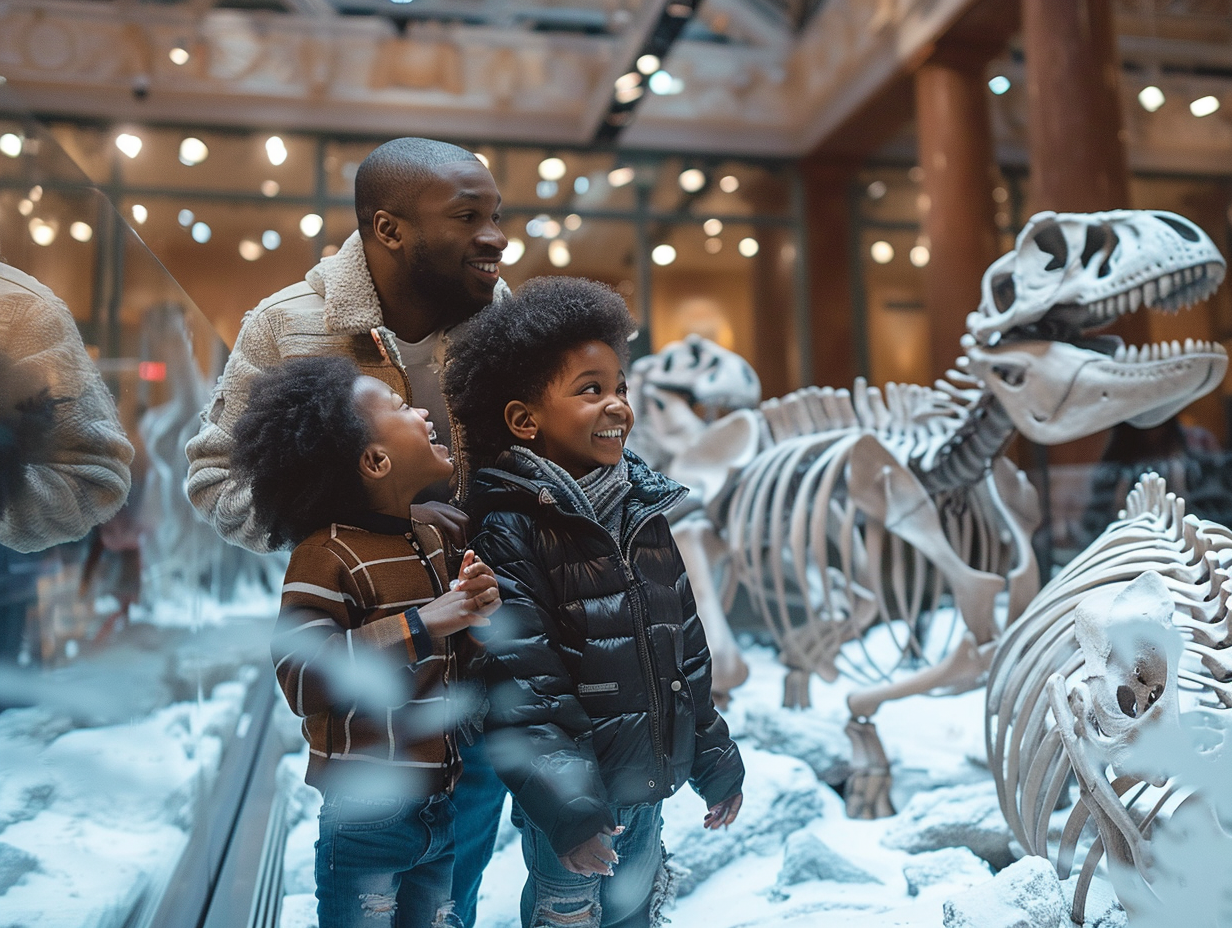Exploring museums and national parks can be one of the most enriching experiences for children. These explorations not only foster a love for learning and nature but also contribute significantly to their overall development. Here are several reasons why parents should encourage their children to explore museums and national parks.
Early exposure to learning and culture
Museums: A treasure trove of knowledge
Museums offer children a glimpse into history, art, science and culture. From ancient artifacts to modern art exhibits, museums provide a rich educational experience that textbooks alone cannot offer. Children can see, touch and sometimes interact with exhibits, making learning a hands-on experience. This tactile engagement helps reinforce their understanding and retention of information.
National parks: Nature’s classroom
National parks provide a natural setting for children to learn about the environment, wildlife and conservation. These parks offer unique opportunities to observe ecosystems, geological formations and diverse flora and fauna. Experiencing nature firsthand instills a sense of responsibility and appreciation for the environment in children, which is crucial for fostering future generations of environmentally conscious individuals.
Encouraging curiosity and imagination
Stimulating creativity in museums
Museums are designed to provoke thought and curiosity. The diverse exhibits stimulate children’s imagination, encouraging them to ask questions and think critically. Art museums, for instance, can inspire children to create their own art, while science museums can spark interest in scientific experiments and inventions.
Unleashing wonder in national parks
National parks — with their vast landscapes and natural wonders — ignite a child’s sense of adventure and exploration. Whether it’s hiking through forests, observing wildlife or discovering hidden trails, these experiences encourage children to explore and learn about the world around them. This sense of wonder and exploration is essential for developing a lifelong love for learning and discovery.
Enhancing physical and mental health
Physical activity in national parks
Spending time in national parks promotes physical activity, which is vital for children’s health. Activities like hiking, swimming and nature walks not only improve physical fitness but also reduce the risk of obesity and related health issues. Being outdoors also exposes children to sunlight, which is necessary for vitamin D production and overall well-being.
Mental well-being in natural settings
Nature has a calming effect on the mind. Studies have shown that spending time in natural settings can reduce stress, anxiety and symptoms of ADHD in children. The serene environment of national parks provides a perfect escape from the hustle and bustle of daily life, helping children relax and rejuvenate.
Building family bonds
Quality time in museums
Visiting museums as a family can be a bonding experience. Exploring exhibits together and discussing them can strengthen family relationships. Parents can share their knowledge and experiences, making the visit more meaningful and memorable for their children.
Shared adventures in national parks
National parks offer countless opportunities for families to engage in activities together, such as camping, hiking and picnicking. These shared adventures help build stronger family connections and create lasting memories. The time spent together in nature allows families to disconnect from technology and enjoy each other’s company.
Developing social and cognitive skills
Interactive learning in museums
Many museums offer interactive exhibits and workshops that encourage children to work together and engage in collaborative learning. These activities help develop social skills, such as communication, teamwork and problem-solving. They also enhance cognitive abilities by challenging children to think critically and creatively.
Practical learning in national parks
National parks provide practical learning experiences that complement classroom education. For example, children can learn about geology by observing rock formations or understand biology by studying different plant and animal species. These real-world experiences make learning more relatable and impactful, enhancing their cognitive development.
The benefits of museums and national parks for children
Encouraging children to explore museums and national parks offers a multitude of benefits that contribute to their holistic development. From fostering a love for learning and nature to enhancing physical and mental health, these explorations provide invaluable experiences that shape well-rounded individuals. Parents should seize every opportunity to introduce their children to these enriching environments, ensuring they grow up with a sense of curiosity, responsibility and appreciation for the world around them. By doing so, they not only enrich their children’s lives but also help build a generation that values knowledge, culture and the natural world.
This story was created using AI technology.















